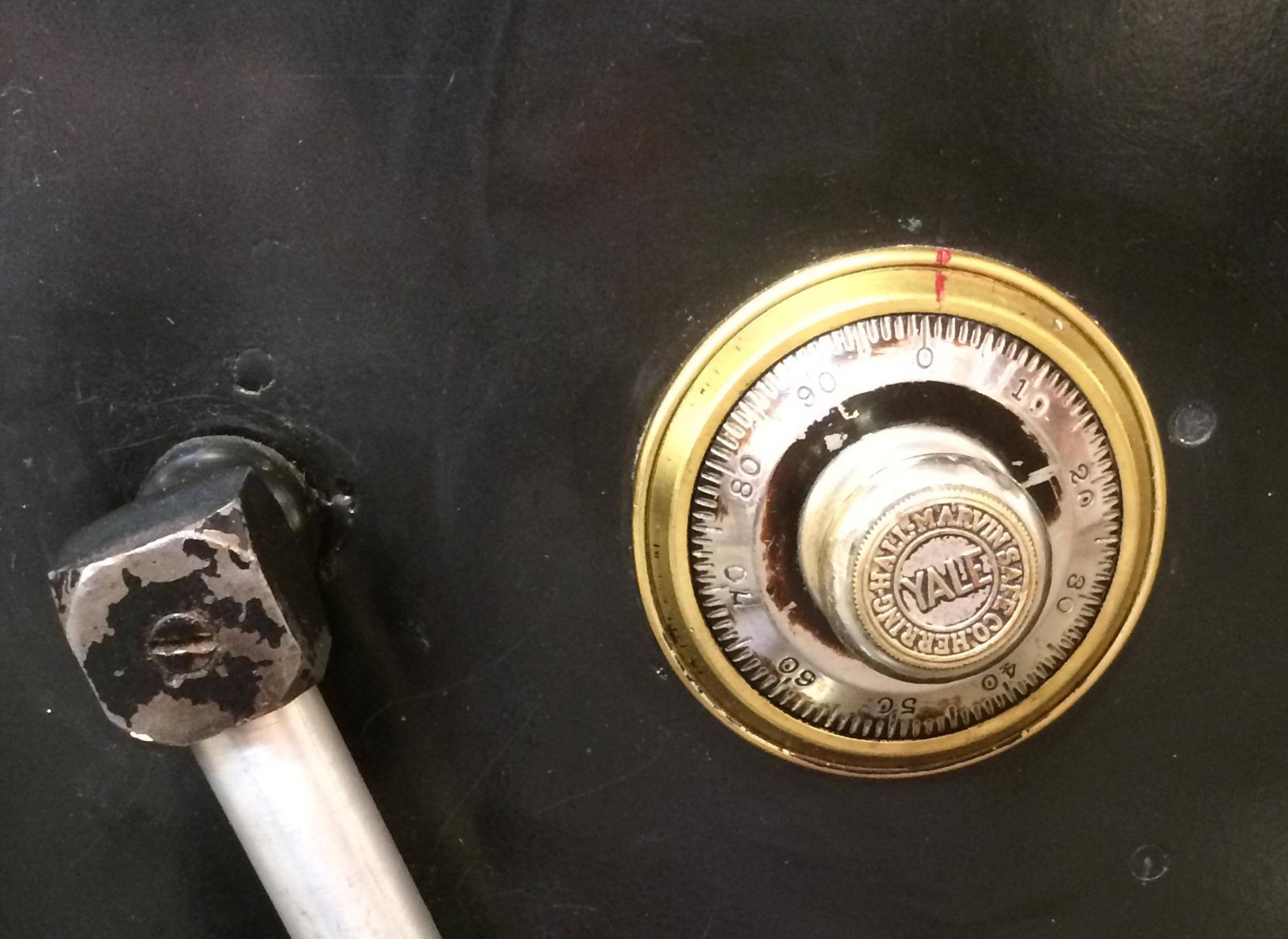
22 Jul Why hiding cash is a bad idea
Photo: bournedead/morguefile.comQ. My father died and he kept lots of cash in a safe in the house. I’m the only beneficiary. It’s just over $150,000. Am I supposed to include it in his estate? I guess I know I should but no one else will find out.
A. We think you know the answer to this one, for sure.
Reed Fraasa, a certified financial planner with Highland Financial in Riverdale, put it this way: “It can only be answered simply and in one way. ‘The executor or executrix is required by law to disclose all assets for an estate, including cash in a safe,’” he said. “In fact, when they sign the tax form as a fiduciary, the small print says, ‘Under penalty of perjury, I attest…’”
So yes, it should be included in the estate.
“The cash is part of the taxable estate and should be reported on the estate tax return if the assets owned by the reader’s father, including assets such as IRAs, 401(k)s, bank accounts, brokerage accounts, insurance policies, real property, personal property interests and the cash total more than $675,000,” said Shirley Whitenack, an estate planning attorney with Schenck Price, Smith & King in Florham Park.
If the assets owned by the father at the time of his death are valued at less than $675,000, an estate tax return does not have to be filed, she said.
“Since the cash did not generate any income, the cash will not be reported on an income tax return either,” she said. “The cash does not have to be reported for inheritance tax purposes because inheritance tax is not imposed on children of the deceased in New Jersey.”
Whitenack said the money should be deposited into an estate account. When more than $10,000 is deposited into a bank or brokerage account, however, a Currency Transaction Report must be completed by the financial institution, she said.
If the funds were from legitimate sources that can be established, then there should be nothing to worry about, she said.
“If the reader tries to break up the transactions into less than $10,000 deposits, the financial institution may generate a Suspicious Activity Report,” she said. “Breaking up the transactions in smaller amounts in order to defeat a Currency Transaction Report is a crime which may result in a forfeiture of legitimate money.”
There are other reasons to do the right thing with the money.
“If the cash is kept at home, the money will not generate interest or grow. There also is a risk that it may be stolen or lost in a fire or a flood,” Whitenack said. “If the reader develops a cognitive impairment he or she may forget where they put the money or even that they had it.”
Email your questions to Ask@NJMoneyHelp.com.
This story was first posted in July 2015.
NJMoneyHelp.com presents certain general financial planning principles and advice, but should never be viewed as a substitute for obtaining advice from a personal professional advisor who understands your unique individual circumstances.
